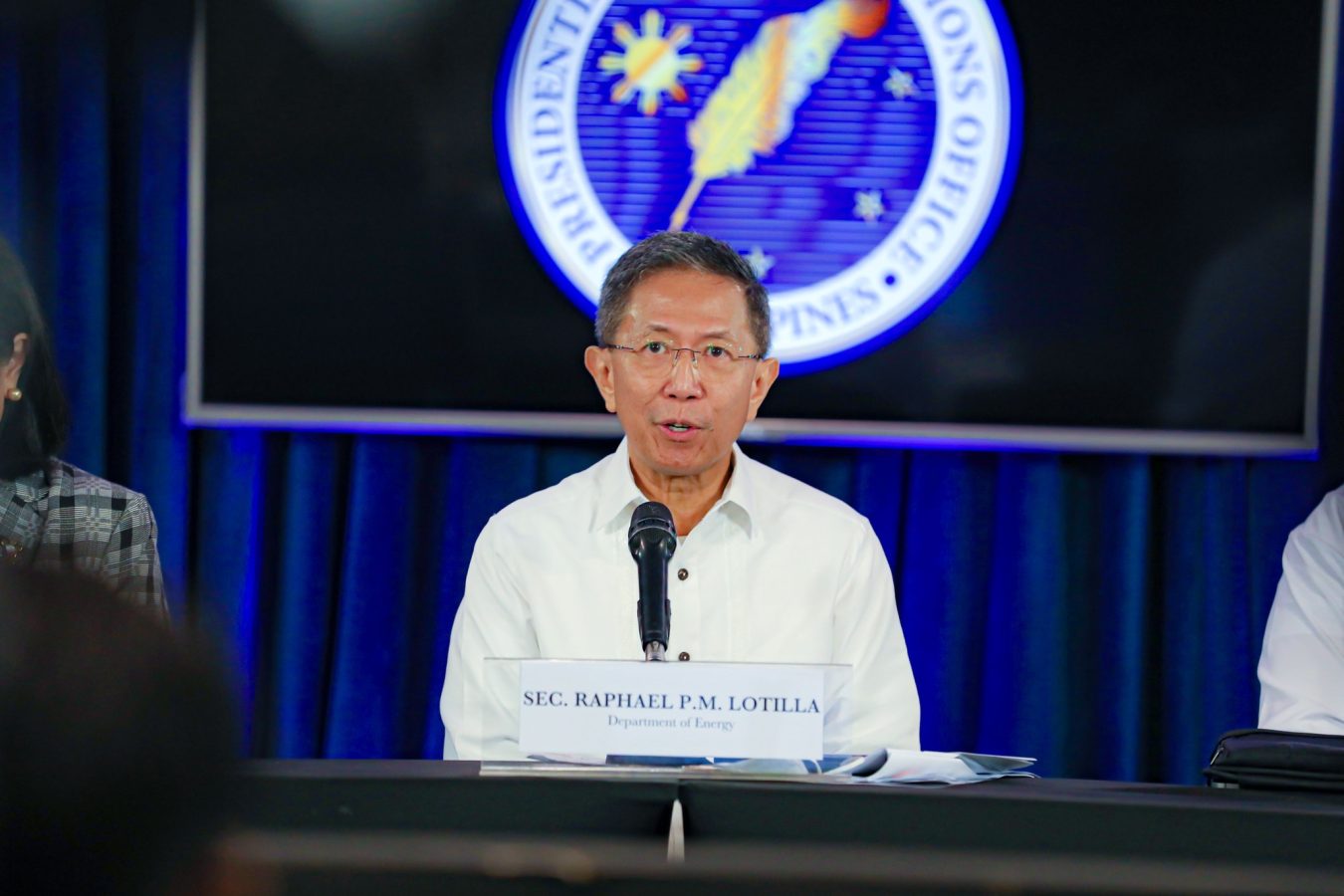
President Ferdinand R. Marcos Jr. called on changing the language of the 2024 national budget provision on fuel subsidies for the transport sector to shorten the trigger period from three months to one month and simplification of subsidy release requirements.
Energy Secretary Rafael Lotilla told the Palace press briefing on Tuesday that the President specifically gave the instructions to change the language of the 2024 GAA provision on fuel subsidies for the transport sector.
Lotilla said this was one of the highlights of Tuesday’s sectoral meeting.
“So, with this simplification or shortening of the period, we will be able to release the subsidies in a shorter period of time,” Lotilla told reporters.
Currently, whenever the Dubai price per barrel exceeds US$80 for three months that serves as the trigger for the provision of subsidies to the transport sector drivers including tricycle.
On the simplification of the release requirements, as proposed by the Department of Budget and Management (DBM) to Congress, the guidelines will need only to be agreed upon by the DBM, the Department of Transportation (DOTr), and the Department of Energy (DOE), the energy chief explained.
“And these can be released upon the finalization of the list of beneficiaries by the Department of Transportation for those which have franchises; and then by the Department of Interior and Local Government for tricycle drivers; and by the Department of Trade and Industry for delivery service drivers,” he said.
The Fuel Subsidy Program has a budget of PhP3 billion for Fiscal Year (FY) 2023, which will cover an estimated 1.36 million qualified public utility vehicles.
Another measure agreed upon during the meeting was the implementation of the voluntary 20 percent ethanol blend for gasoline which is targeted for approval by the end of this year.
Presently, there is a mandatory requirement of 10 percent blend of ethanol with gasoline and the new policy to be implemented is voluntary raising it to 20 percent as part of the government price mitigation measure.
Ethanol, especially those imported, is cheaper than the price of gasoline, Lotilla explained.
The current price of gasoline without ethanol is around PhP56.89 and the measure will result in a price differential of around one peso and 28 centavos.
The local ethanol price per liter is currently around PhP79.49, which is higher than the imported ethanol, which is at PhP41.44, although local ethanol production can only support 48 percent of the 10 percent blend, making the utilization of the highest share of imported ethanol to result in lower pump prices because of the increased blend.
According to Lotilla, the President also wanted government agencies to work on the continued electrification of the transport sector particularly mass transport and light cargo vehicles.
“The President gave emphasis on the need, one, for having the charging stations in place; second, to make sure that the benefits to the transport sector, particularly the drivers, will indeed be there,” Lotilla said, noting the estimated difference between electric vehicles running per kilometer and those using internal combustion engines is quite significant.
“The President also emphasized the need for preparing the economy for the eventual manufacture of electric vehicles in the country, and linking this up with the local mining sector that will produce the minerals needed for the production of batteries and other components of electric vehicles.”
Another consideration was the increase in the coco methyl ester (CME), or coco biodiesel blend from the current two percent to three percent, which can actually be accommodated by the supply of feed stock given the substantial coconut production at this time.
Lotilla said that the increase in the blend can drive down the cost of CME because there will be a bigger market for the product.
He said the DOE expects at least the pure diesel landed price to be at parity with the price of coco methyl ester per liter. | PND

